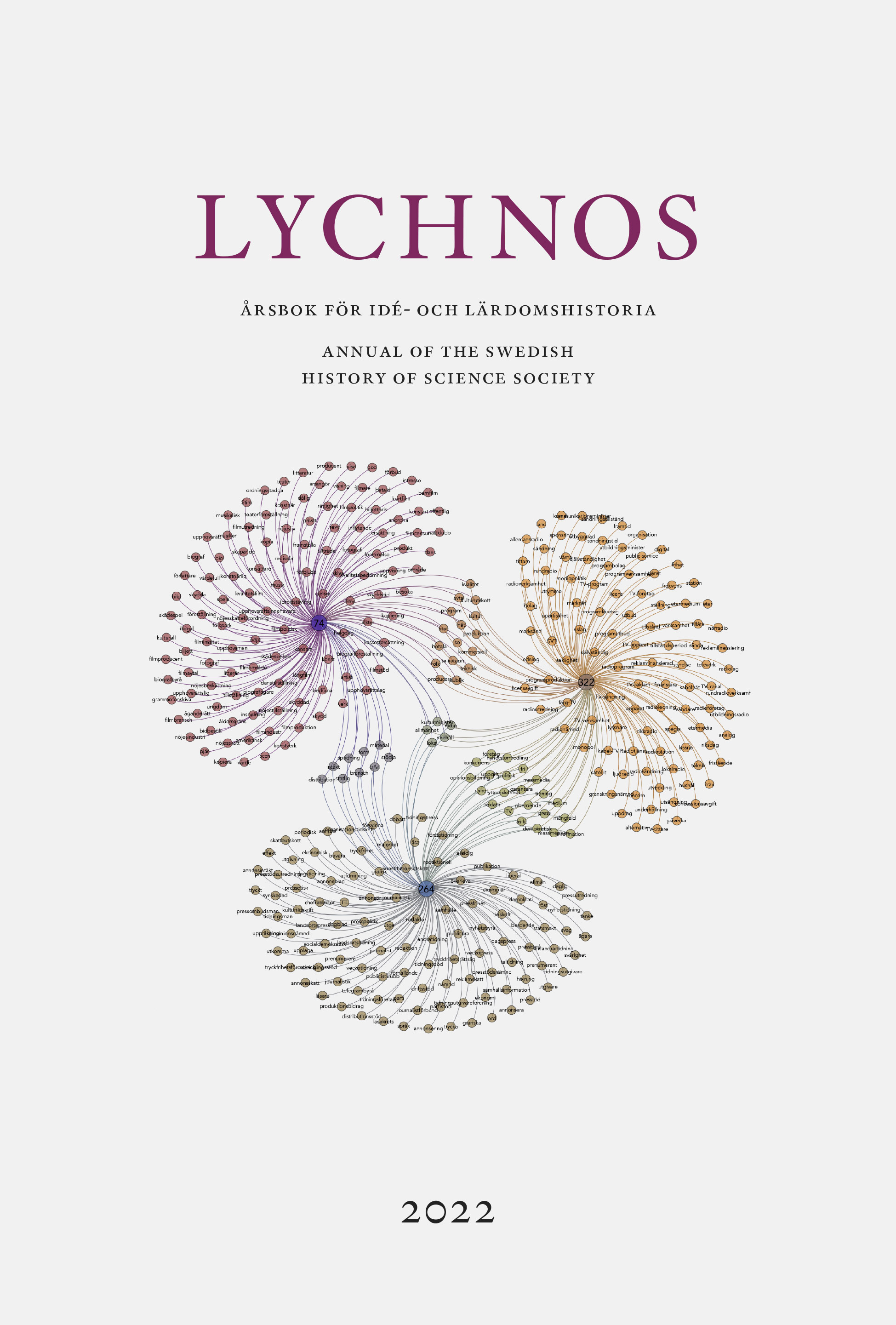Files without a trace
Working with research materials that won't age
DOI:
https://doi.org/10.48202/24137Keywords:
Materiality, data forensics, digital humanities, marks of antiquity, look of ageAbstract
The notion that the digital world is altogether virtual or immaterial has been successfully debunked by scholars during the last decade or so. The cloud rests, as it were, on large data centers consuming electricity equivalent to entire cities. Yet, the level where users encounter digital information is typically devoid of traces of use as well as the common signs of aging that we associate with physical things exposed to time. This becomes apparent as we begin to study the earliest so called born-digital archives, i.e. not digitized content but artifacts, e.g. text documents, originally produced in digital environments. Any vintage equipment used in the process may, of course, be dented and faded, the subject matter, cultural references, writing style, artistic design, technical limitations and so on will surely indicate time gone by. Hence, intellectually we will perfectly well recognize that we are working with material from the early days of personal computing by these marks of antiquity as David Lowenthal has called them. But the files displayed on the screen – be they symbols of the interface, a spreadsheet, a personal letter, items in the trashcan – will reveal no look of age. With scholars increasingly interested in the material dimensions of their research and provided that the look of age is considered important as a set of unique visual and sensory cues pointing to the prior use and handling of an object – then researchers might have to reconsider their tools for how to make sense of these materials. This, I argue, is an up until now scarcely considered aspect of digital archives, revealing itself most visibly to scholars prepared to engage directly with antiquated equipment such as running old files on old machines or exploring vintage applications on original consoles. If the old documents we study in some respects look new (or somehow beyond time, aging or decay) – does it matter?
Downloads
Published
Issue
Section
License
Copyright (c) 2022 Johan Fredrikzon

This work is licensed under a Creative Commons Attribution 4.0 International License.
This work is licensed under a Creative Commons Attribution 4.0 International License. The copyright for the work published in Lychnos remains with the authors.


